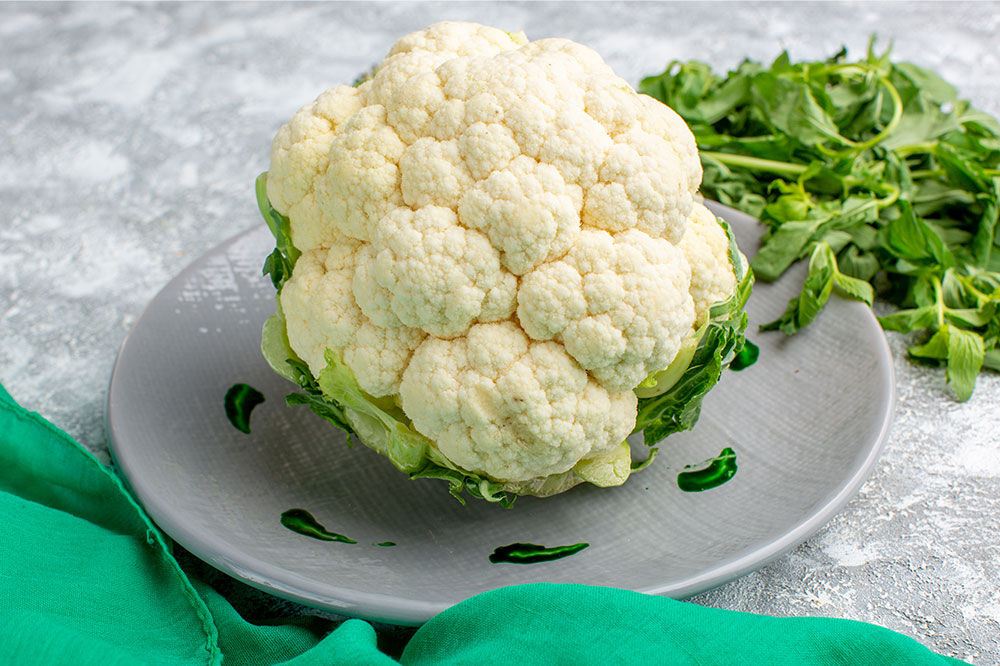Top 5 Foods for Managing Chronic Kidney Disease

For those living with chronic kidney disease (CKD), meals play an important role in helping maintain overall health and comfort. Food choices can significantly impact their ability to deal with the disease. Further, adding nutrient-rich foods to meal plans today can help ensure better kidney function in the long run. So, here are a few foods that should be added to the nutritional regimen when dealing with chronic kidney disease.
What is chronic kidney disease?
Chronic kidney disease (CKD) is a condition in which the kidneys gradually lose their ability to filter waste products and excess fluid from the blood. It typically develops gradually over a long period and can cause various symptoms, including fatigue, swelling, and changes in urination. The causes of CKD include high blood pressure, diabetes, and inherited conditions. Unfortunately, CKD often goes undiagnosed until it has progressed to an advanced stage, leading to serious complications such as kidney failure and the need for dialysis or a kidney transplant. As CKD progresses, it begins to affect vital organ functions until it ultimately develops into kidney failure. In advanced cases, dialysis or a kidney transplant may be required to replace the lost function of the kidneys. Recognizing the signs and symptoms of this common health concern early on is key to preventing further health problems. Treatment for CKD typically focuses on managing the condition’s underlying cause and preventing further kidney damage. This may involve lifestyle changes such as eating healthily, exercising regularly, and undergoing treatment to control blood pressure and blood sugar levels. Further, adding the following foods may help alleviate the condition.
Best foods for CKD
Cauliflower
Cauliflower is a great option for managing chronic kidney disease when eaten raw or boiled. It is low in potassium (only 176 mg in a 1-cup serving), which increases blood sugar, worsening CKD symptoms. Additionally, it contains fiber, which can help lower cholesterol levels and aid digestion. Cauliflower also contains antioxidants, vitamins C and K, magnesium, calcium, and other healthy components that can help improve circulation and reduce inflammation. Additionally, replacing high-starch vegetables with cauliflower can help manage blood sugar levels for those dealing with diabetes and CKD. One can experience great health outcomes by incorporating cauliflower into their daily meals. One can start by adding cauliflower florets to curries and rice or make stir-fried cauliflower as a side dish.
Garlic
An excellent food option for chronic kidney disease management, garlic helps slow down the progression of the disease. It contains the compound allicin, which is known for its anti-inflammatory and antioxidant properties. Being packed with antioxidants, garlic fights damage to cells in the body caused by free radicals. Free radicals are unstable atoms that can initiate cell damage. Additionally, the numerous sulfur compounds found in garlic lower high cholesterol levels, one of the key contributors to kidney disease. Garlic also helps alleviate some symptoms associated with CKD, particularly high blood pressure and proteinuria (excess protein loss through urine). People with the disease can add garlic to curries, bread, pasta, rice, or soup to add flavor.
Pineapple
This delicious fruit can help one manage CKD by providing various benefits for kidney health. Pineapple contains high amounts of enzymes, such as bromelain, which can help reduce kidney inflammation caused by CKD. Additionally, adding pineapple to daily meals helps ensure adequate vitamin C intake, which helps keep the immune system strong and protects against CKD-induced infection. Further, this fruit is naturally low in calories, sodium, and fat, the intake of all of which should be monitored when dealing with kidney disease. Pineapple is the perfect addition to smoothies and fruit custard. Alternatively, one can always just cut up the fruit and have it as is.
Bell peppers
Bell pepper is one of the best foods for chronic kidney disease management. Vitamin C is the most important nutrient in bell pepper that helps with CKD management, as the vitamin can help reduce inflammation. Additionally, bell peppers contain vitamin A, an important nutrient for immune system function, which is often negatively affected in people with kidney disease. In addition to boosting nutrient levels, this vegetable has also been found to improve the health of those with CKD due to its high fiber content. Fiber-rich meal plans can help lower keep cholesterol levels and improve intestinal health, which benefits people with kidney issues. One can stir fry red, yellow, and green bell peppers with other fiber-rich vegetables such as zucchini and broccoli to get the best results.
Blueberries
Adding fresh blueberries to daily meals is a healthy way to improve overall health and manage CKD symptoms. This is a great food for chronic kidney disease management as it is packed with antioxidants like flavonoids and resveratrol, which are associated with lower inflammation and health risks associated with cardiovascular health. Blueberries also contain low phosphorus levels, which helps further protect those with CKD from phosphorus overload. The already compromised kidneys cannot get rid of this excess phosphorus, which causes other health conditions such as weak bones and teeth. As people with CKD need to monitor their protein, sugar, potassium, and sodium intake, the low levels of all these compounds in blueberries make them an excellent choice for an otherwise healthful snack.
Managing chronic kidney disease requires making better food choices and avoiding foods that aggravate the symptoms. Healthy eating is immensely important to maintain kidney health and prevent the condition from worsening. These abovementioned options are great foods for chronic kidney disease management, however, the best approach is a balanced meal plan consisting of all kinds of healthy foods. Nevertheless, one should consult a doctor before making drastic changes to their nutritional regimen. Additionally, staying hydrated, exercising regularly, and avoiding sugary drinks and refined grains can help one manage CKD.